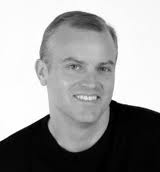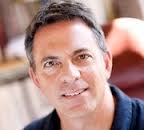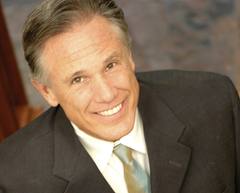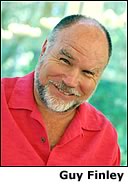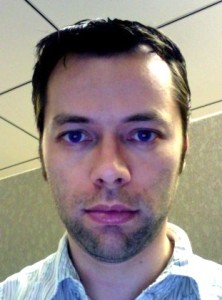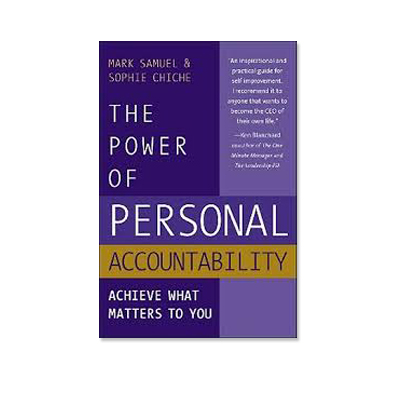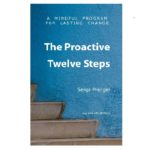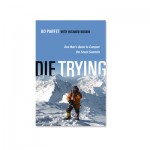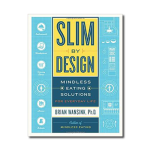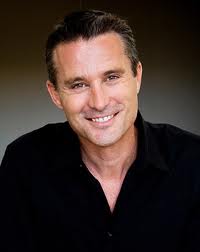 It is not often that I come across a book and author that has life transforming ideas, and ideas that I believe will have a positive impact on our world.
It is not often that I come across a book and author that has life transforming ideas, and ideas that I believe will have a positive impact on our world.
I recently interviewed author Simon Mainwaring about his new book entitled “We First-How Brands & Consumers Use Social Media to Build A Better World.” His book is not only a must read for anyone in business, but for anyone who is part of the socially responsible movement and wants to impact the world for the better.
Simon really believes that we need to transform the engine of capitalism because our current structure is not performing in ways that benefit the whole. As the title of the book eludes, we need to move to a “We First” instead of a ” Me First” mindset. He points out that the book is not about doing away with capitalism, is is about recognizing the advantages of capitalism as a generator of progress and prosperity, but at the same time acknowledging the mounting criticisms–if left unchecked, a capitalist system will run off it own rails. Many noted economists, thought leaders, and social visionaries around the world are all recognizing that capitalism has become dysfunctional. It has lost is way as an effective, self-regulating, and sustainable economic system. It has devolved into a single-minded pursuit of profit and wealth for a small elite at the expense of the overall society.”
We First points out that the unresolved tension between self-interest and selfishness is no a philosophical debate. It is at the root of corporate and individual economic behavior, shaping how brands and consumers participate in capitalism on a daily basis. It affects the choices we make about our use of natural resources, or habits of consumption, our views of investment and profit, our attitudes toward both poverty and ethical business conduct, and the political debates that ultimately determine what type of society we want to live in.
If you are interested in reshaping your personal beliefs, and join a movement that will have a positive impact on how we consume good and services then I highly recommend that you read and study Simon’s new book “We First“. He also has an amazing course which is both available on the Internet, and there is an upcoming live event in the Los Angeles area in March of 2013.
If you are interested in Simon’s course offering please click here to be directed to a landing page with more information about the event. I will be taking the course and attending the live event, you will not want to miss this opportunity. If you purchase admission to the on-line course you are entitled to attend the live event in Los Angeles in March of 2013, and you are eligible to bring a non-profit of your choice at absolutely no cost.
You can also watch a very cool presentation that Simon did at TED Talks by clicking this link.
I hope you enjoy this great interview with a man that is going to change our world, through influencing our choices, consumption and behaviors.
